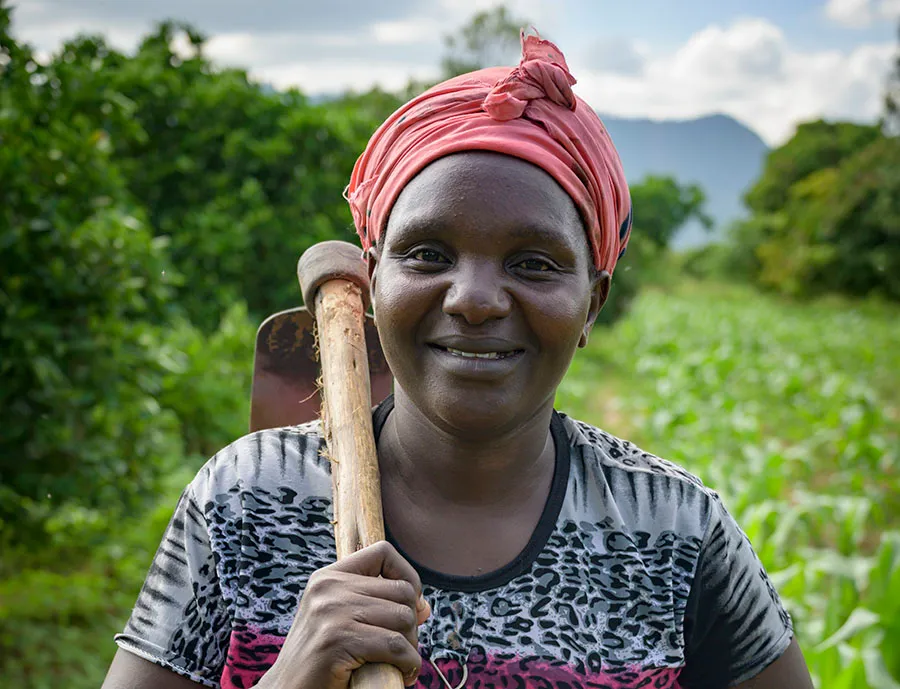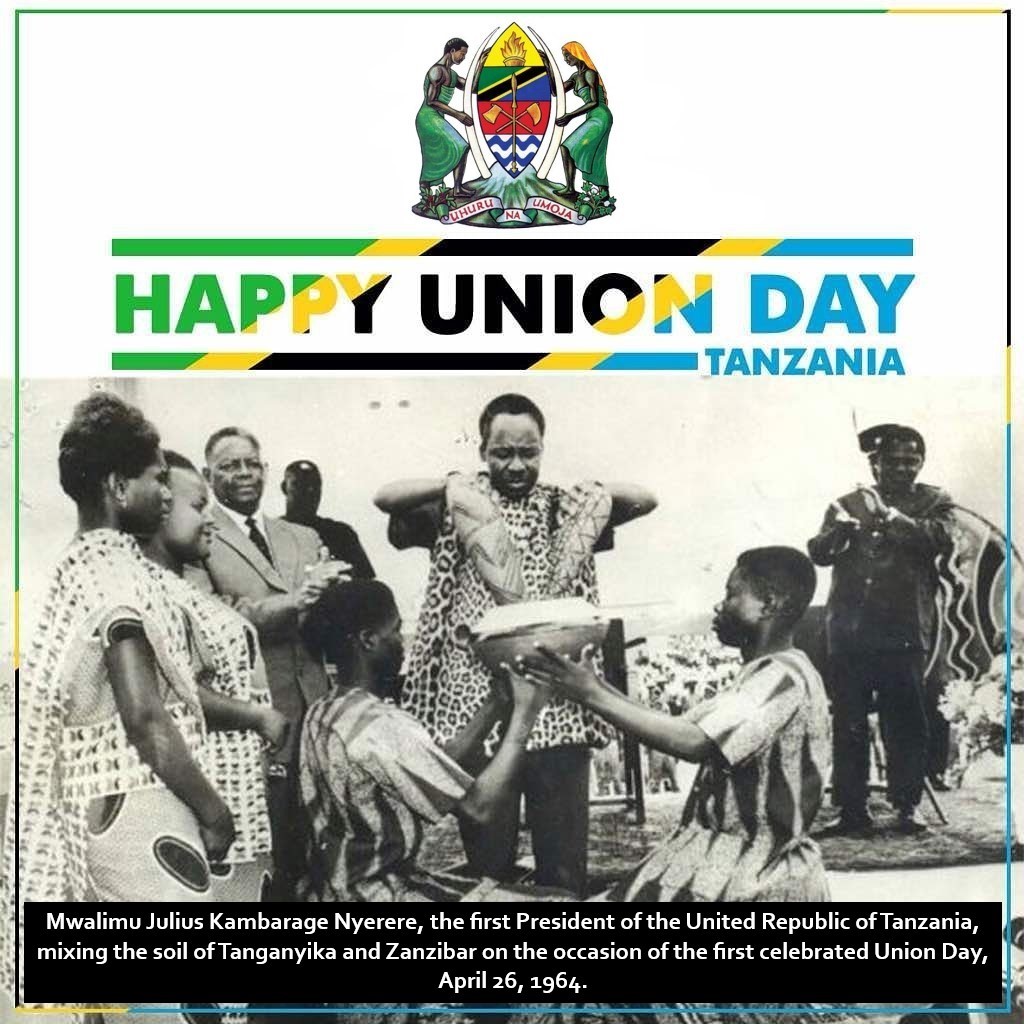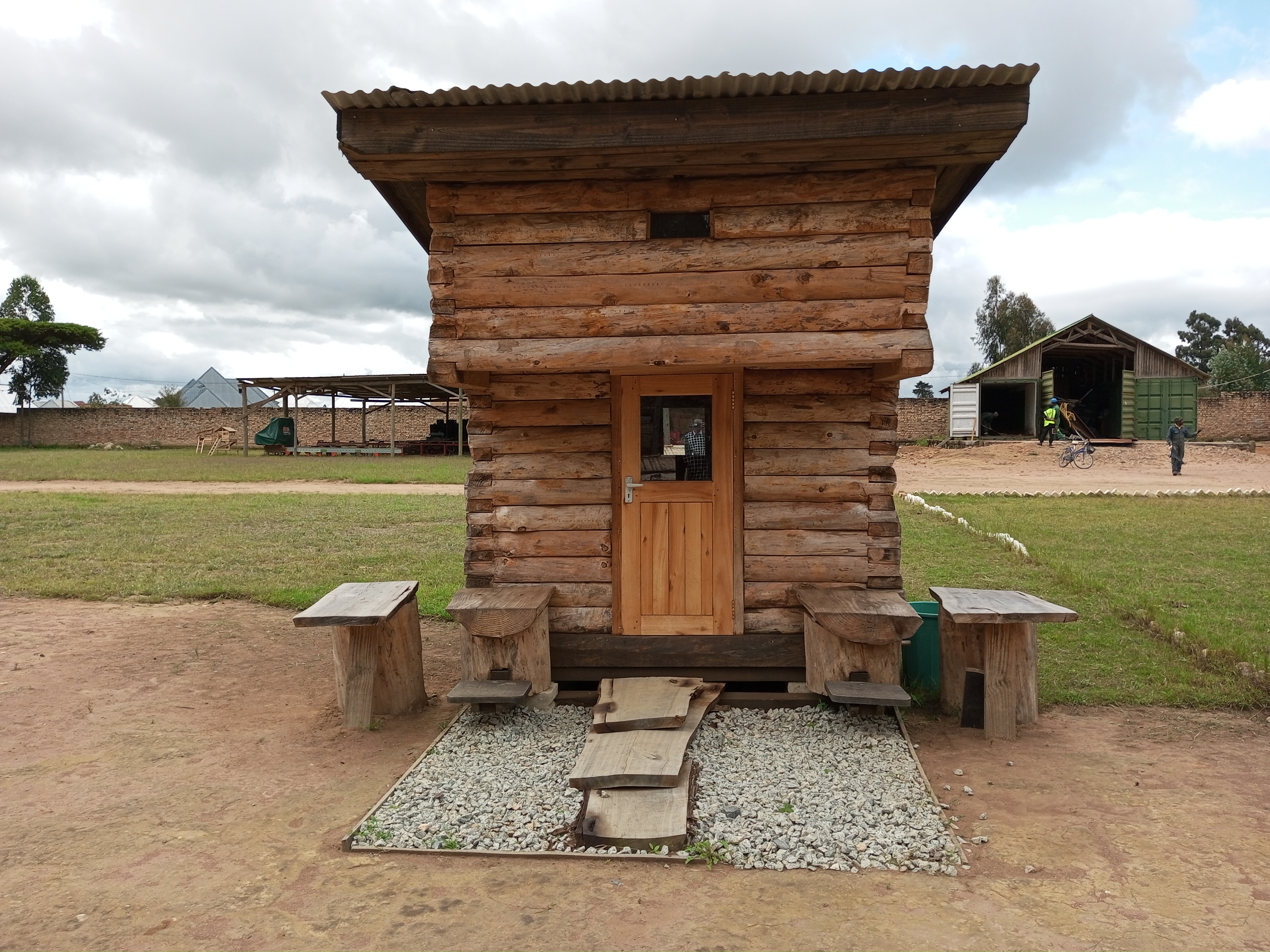On 8 August 2023, twenty-six restoration practitioners and stakeholders set off from Oloitokitok – a small town on the green slopes of Kenya’s Mount Kilimanjaro – to Mbirikani Group Ranch in Kajiado County. There, the Centre for International Forestry Research and World Agroforestry (CIFOR-ICRAF) and Big Life Foundation were holding a field visit as part of a two-day learning event on monitoring rangeland restoration – specifically on the assessment methods, data, and evidence base that is critical for long-term restoration impact.
Driving through the landscape, the participants observed swaths of bare soil – clear evidence of the ongoing drought in the area. “These soils are highly susceptible to erosion and degradation,” said CIFOR-ICRAF soil scientist Leigh Winowiecki, as she knelt to scoop some in her hands. “We need to protect this critical ecosystem.” The group also saw livestock and wildlife droppings and caught a glimpse of a gerenuk (giraffe gazelle) – and the skull of a wildebeest! According to participant Petronilla Nduthu, a livestock expert at Kenya’s State Department of Livestock (MOA-SDL), more than 2.5 million livestock have died in Kenya in those three years.
Consisting of participants from MOA-SDL, the Maasai Wilderness Conservation Trust (MWCT), Big Life Foundation, JUSTDIGGIT, National Drought Management Authority, International Union for Conservation of Nature (IUCN), and Kenya Water Towers Agency, the workshop participants were all part of the Green Climate Fund (GCF)-funded project Towards Ending Drought Emergencies: Ecosystem Based Adaptation in Kenya’s Arid and Semi-Arid Rangelands (TWENDE). TWENDE’s mission is to positively impact 620,000 people in eleven counties and restore over 500,000 hectares of degraded rangelands.
“The Government of Kenya, through the TWENDE project, has brought in experts from research, extension, and the private sector to develop solutions to build resilience to these recurring droughts,” said Nduthu. The workshop aimed to build capacity on rangeland restoration assessment methods, raise awareness on the importance of monitoring restoration and generating evidence on the impact of interventions, and build capacity on data interpretation and use. During the field visit, various project stakeholders demonstrated their soil and rangeland health restoration interventions and field monitoring tools.




